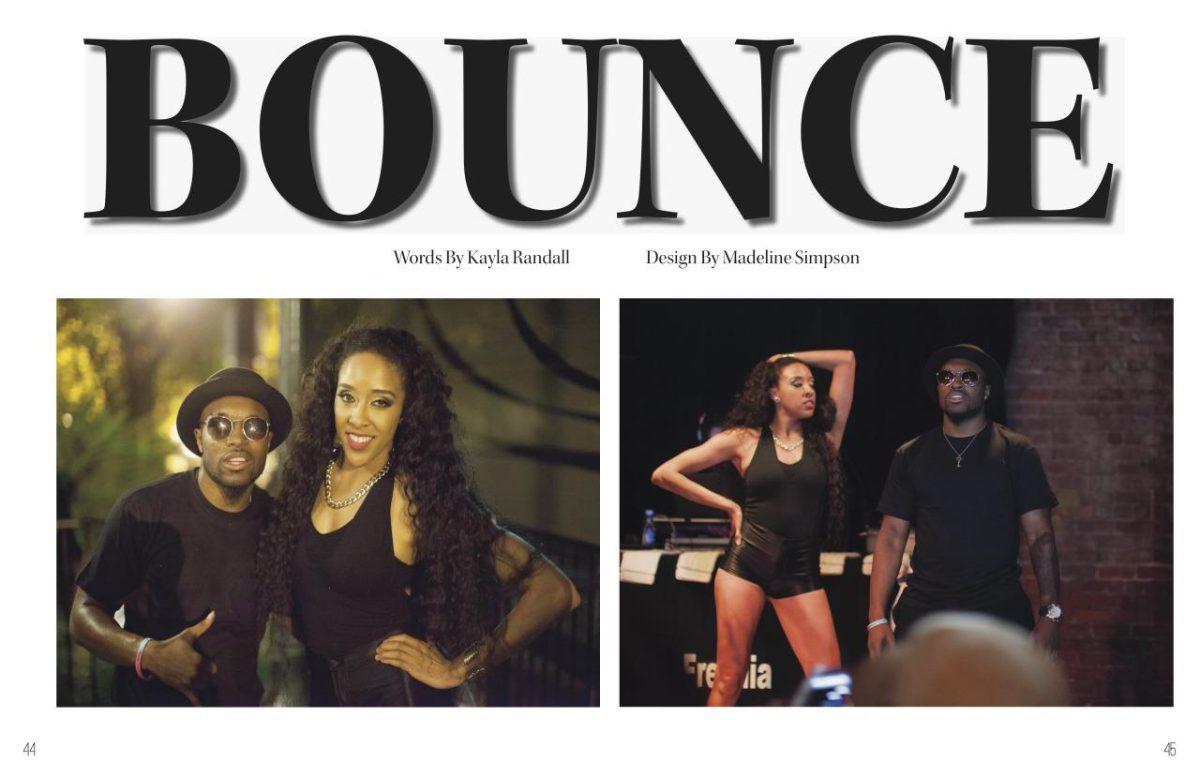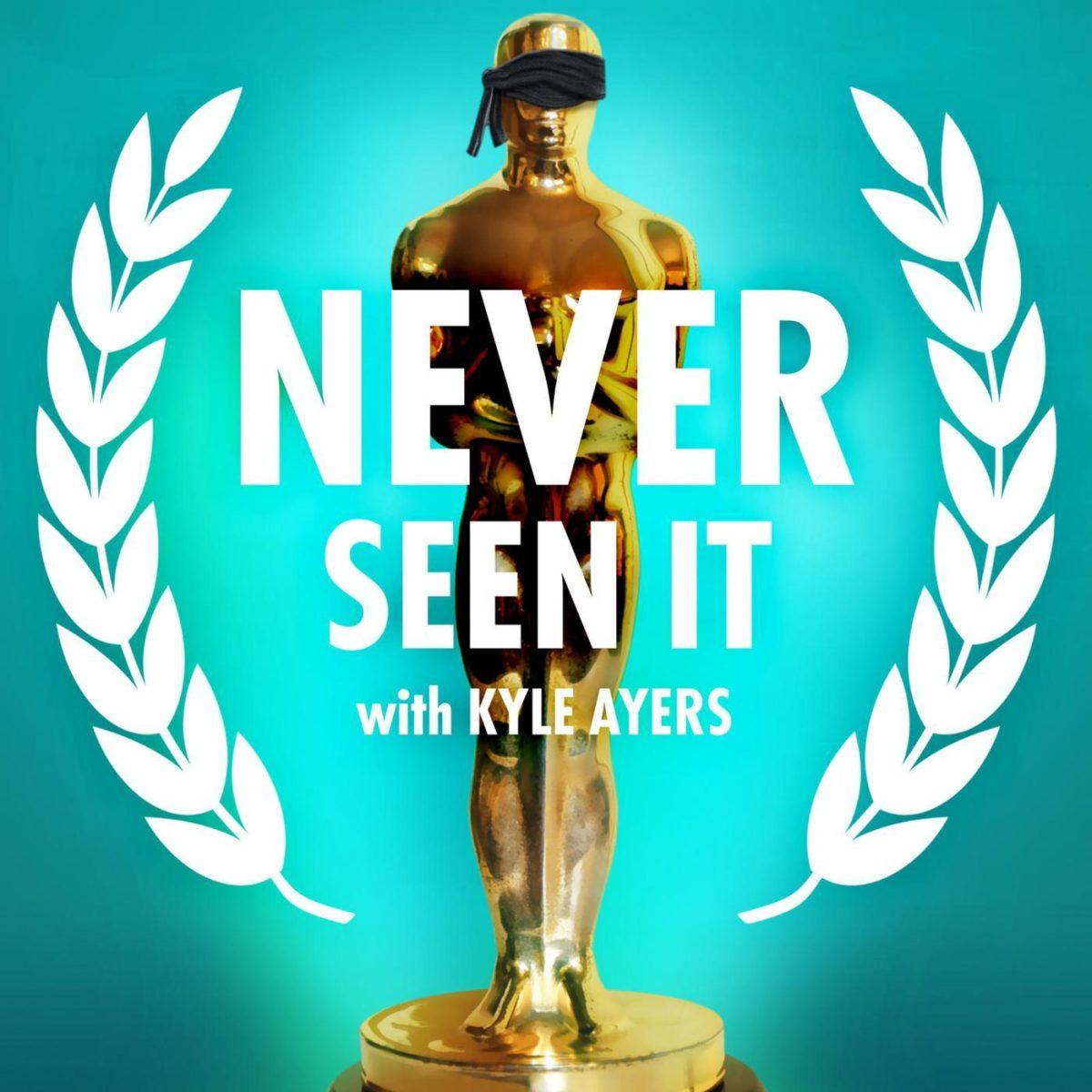All of New Orleans hits the dance floor as soon as the beat to Big Freedia’s “Explode” kicks in.
For two of Freedia’s main dancers and co-stars on her reality show “Big Freedia: Queen of Bounce,” Tamika Jett and Shelby “Skip” Skipper, the dance floor is more than just a place to have fun — it’s their livelihood.
LSU alumna Jett and Southern University alumnus Skip are New Orleans natives, much like bounce music itself.
Skip is Freedia’s head male dancer and a bounce music historian.
“Bounce music is project music,” Skip said. “It comes from the Showboys’ ‘Drag Rap (Trigger Man)’ beat. MC T. Tucker and DJ Irv are two of the founders of it in New Orleans.”
Skip said bounce music began to pick up in the late ‘80s and early ‘90s, and took off with DJ Irv and MC T. Tucker’s 1991 song “Where Dey At.” The song had a big run for about four years, and then DJ Jubilee came in with 1997’s “Get Ready, Ready!,” a New Orleans bounce staple.
In 1998, transgender artists came onto the scene beginning with Katey Red, for whom Big Freedia did backup dancing and vocals. Then in 2003, Freedia decided to go solo.
Bounce dancing closely mimics the rapid energy of the music. With women it involves the cultural phenomenon, twerking, and for men it involves fancy footwork and shoulder movement.
The music and dancing are inescapable in the city, he said, leaving listeners with only two options.
“If you were born in New Orleans, you’re either going to love bounce music or not. There’s no middle or in between,” Skip said. “You can’t duck it and dodge it. It’s got to be within your spirit.”
Jett, one of Freedia’s newest dancers, said she has loved bounce music since she was a child, recalling when she first heard the “Drag Rap” beat sample.
“I probably heard it first as a kid with DJ Jubilee, and I’ve loved it since,” Jett said. “It’s been a part of my life forever.”
Now Jett and Skip travel the world with Big Freedia, showcasing bounce music, dancing and New Orleans culture. The duo expressed they are proud to represent their city and express their heritage with people who otherwise would never hear or see anything remotely close to bounce.
Jett said she’s still in disbelief that her career involves doing what she loves and visiting places she never thought she’d see in life. For Jett, nothing compares to performing for new audiences.
“I think I like performing out of town more than in New Orleans,” Jett said. “People in New Orleans, we love it, but that’s all they know and it’s not a surprise. When we travel it’s another energy, they respond to us differently.”
Skip is now developing his own dance to show the world called the “scuffle-boogie,” which is a fusion of tap dancing and bounce.
He said the combination has received rave reviews and his ultimate goal is to take it to Broadway. Constantly trying to stay progressive and unconventional, Skip is always coming up with possible bounce fusions.
He is also responsible for millions of people seeing and hearing bounce music on national television when he auditioned for “So You Think You Can Dance” in 2009.
“I was a specialty dancer, so I got to play my music,” Skip said. “It was New Orleans bounce and they had never heard of it before, so they let me have my own little set. The crowd went bananas.”
Skip went to the televised next round solely because of his dancing to bounce music.
He then proceeded to the top 30 dancers on the show, all without ever having formal dance training.
After seeing him on “So You Think You Can Dance,” Ellen DeGeneres, another New Orleans native, invited him to open and close her show with his routines.
He was still a sophomore at Southern University at the time.
Skip said it was the first time he had been to Los Angeles, and he was picked up in a Bentley to go to the show. He joked that he felt like Rick Ross or Lil Wayne at the time.
Skip and Jett contrast people who don’t take bounce music seriously, because for them, it’s a way of life.
Some people may consider bounce music a joke, but to Skip, it’s about how the dancer feels, whether joy or anger, and it’s a legitimate performing art and form of expression.
It’s also how he makes a living. Skip said he doesn’t know what he’d be doing without Freedia.
“Bounce music is how we pay our bills and feed our children, it’s not a game,” Skip said. “I’m just happy I’m a part of that culture and I’ve made history with that culture. My heart and soul is indebted in this lifestyle, this music.”
Skip supports himself and his daughter through touring with Freedia, and Jett supports herself and her New Orleans dance studio, Passion Dance Center, where Skip teaches a “bouncercise” class. He explained the goal of the class is for participants to have a good time and learn a few new moves the next time a bounce track comes on.
Because they represent New Orleans with Freedia everywhere they go, Jett and Skip are protective of the art form and take issue with others taking from it without giving credit.
“I was watching a dance show and they started talking about New Orleans bounce,” Jett said. “I was like ‘What do you know about bounce, you’re in Atlanta’.”
Jett said she’s happy people are embracing bounce all over the globe, but she gets upset when other artists culturally appropriate bounce music and its dancing.
Skip said when people try to take bounce and run with it and don’t mention where it originated, it rubs him the wrong way.
Most recently, New Orleans showed the pair that there’s no place like home when they performed at Lil Weezyana Fest. The crowd screamed for Drake and Lil Wayne of course, but when Big Freedia and her dancers came out, they went berserk because no one knew they’d be performing, he said.
Though it has expanded its reach, bounce music still begins and ends with New Orleans. Skip and Jett both call bounce “New Orleans party music,” and believe it holds a special place in the Crescent City’s culture.
Skip said bounce can be heard in clubs, parties, weddings and funerals because of its influence on the city.
“Don’t get me wrong, we listen to rap, jazz, zydeco, contemporary, all kinds of stuff,” Skip said. “But bounce music is the heart and soul of New Orleans.”
Bounce
November 11, 2015







